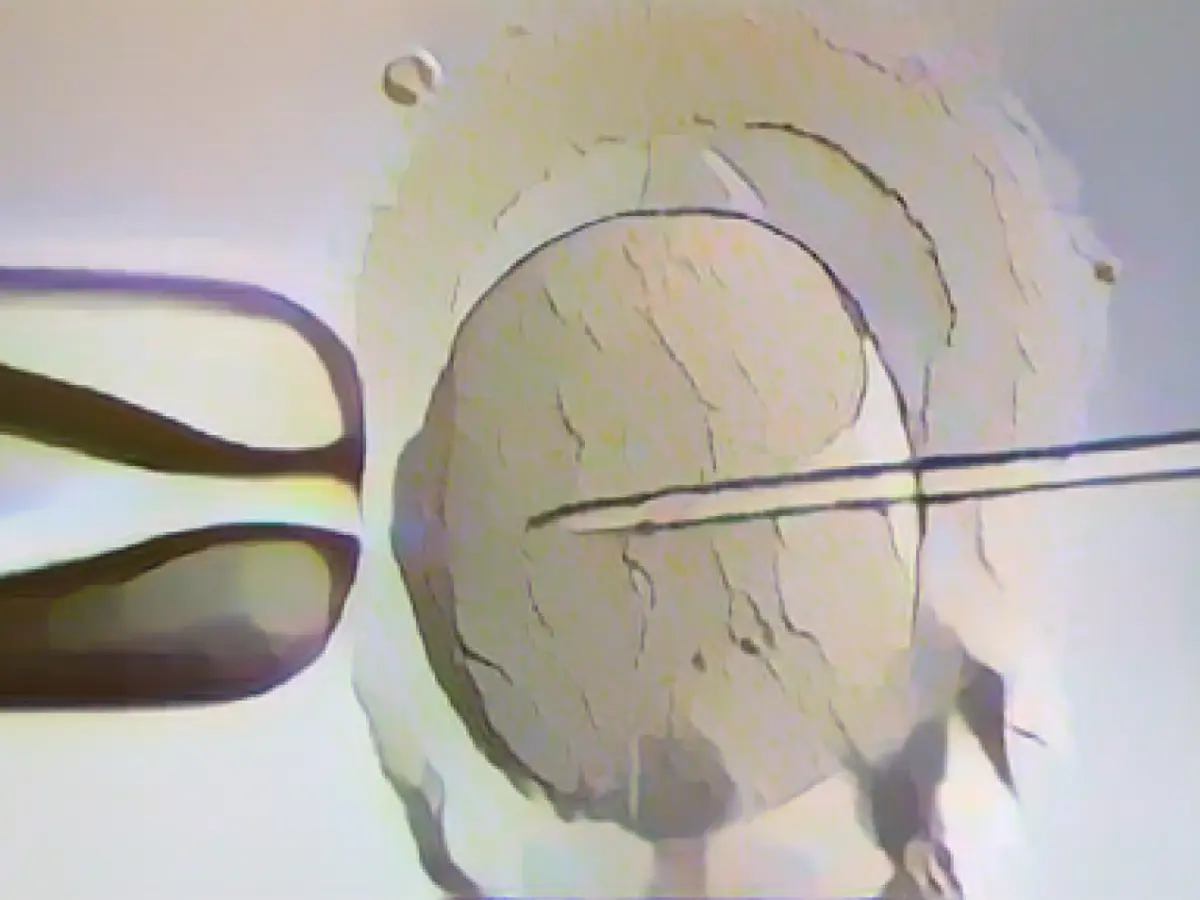Australia - Donating life after death? Court allows 62-year-old woman to collect sperm from deceased husband
An Australian court has made a legally and, above all, ethically difficult decision: A 62-year-old Australian woman may have sperm extracted from her deceased husband. The sperm may be collected and stored, a judge at the Supreme Court of the state of Western Australia ruled, according to court documents published on Wednesday.
The case sounds like an absurd scenario, but it has a tragic background.
Australian couple had already lost two adult children
In her ruling, the judge criticized the hesitant hospital. It was "disappointing [...] that an applicant was once again forced to visit the court in an urgent matter and in traumatic circumstances to obtain an order that [...] could be granted in a more expeditious and streamlined manner," she said.
According to the court documents, after their 31-year-old son's fatal car accident in 2019, the couple had begun researching whether they could conceive another child using the 61-year-old husband's sperm and with the help of a surrogate mother. It was not the first stroke of fate for the couple: six years earlier, their then 29-year-old daughter had drowned in a fishing accident.
Since the death of their children, the couple had talked about having children again. However, a fertility expert had told the woman that she would not be able to get pregnant herself due to her age.
Sperm collection permitted, fertilization prohibited
After her husband died suddenly on December 17 after 39 years of marriage, the woman asked a hospital to collect and store his sperm. As the clinic initially did not take action, the 62-year-old applied to the court for an emergency injunction. This was issued on December 21, but has only now been published.
From a medical point of view, there is nothing to stop sperm being used for posthumous insemination, explains Roger Hart, Professor of Reproductive Medicine at the University of Western Australia, to the Australian broadcaster ABC. However, he sees "ethical challenges".
However, the court ruling is only the first hurdle for the 62-year-old. Although the widow is now allowed to have sperm extracted from her husband, posthumous insemination is prohibited in Western Australia. Before a surrogate mother can be artificially inseminated, a separate court order must be obtained and the sperm must be transferred to another state where the procedure is permitted.
Sources: ABC;"The Guardian"; with AFP
Read also:
- Floods: water levels remain critical in many places
- Snow chaos further restricts Bavaria
- Continuous operation in the flood areas
- Flood situation remains tense in many places
Before their tragic losses, the couple had hopes of having more Children with the use of the husband's sperm, but this was deemed impossible due to the woman's advanced age. Despite her husband's untimely death, the 62-year-old woman sought to collect his sperm to preserve the possibility of fathering Children, even after his death, in the hopes of Australia's legal system allowing posthumous insemination.
Source: www.stern.de






